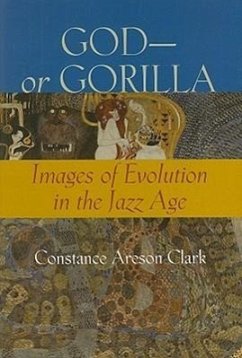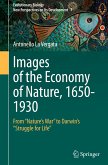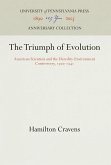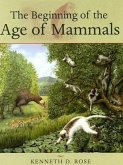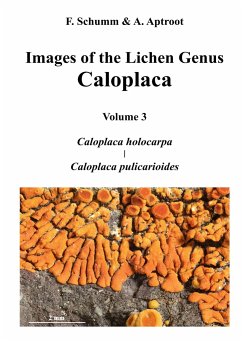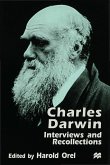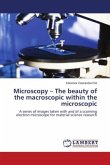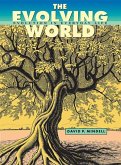God--or Gorilla explores how biologists worked to explain evolution to a confused and conflicted public during the 1920s. Both scientists and anti-evolutionists deployed schematics, cartoons, photographs, sculptures, and paintings to win the battle for public acceptance of their ideas. Focusing on the use of images and popular media accounts of the struggle, Constance Areson Clark reveals how concepts of evolutionary theory changed as they were presented to, and absorbed into, popular culture. "Clark's investigation of the images of evolution in the 1920s is a wonderful window into the place of science in the United States and how the cultural concerns of an era can shape scientific activity."--American Historical Review "Engagingly written, well illustrated, and refreshingly free of the theory-driven jargon that often diverts attention from the task at hand, God--or Gorilla is a valuable contribution to our understanding of the Scopes trial, the continuing controversy over the teaching of evolution, and the role of expertise in American society."--Journal of American History "This highly readable book is valuable as it stands. It is also timely. The 1920s shaped pictures of evolution, and of evolutionary debate, that are still in our heads. As biologists work with illustrators to communicate science, and creationists attack textbook icons, it is helpful to reflect on the struggles of that decisive decade."--Nature

